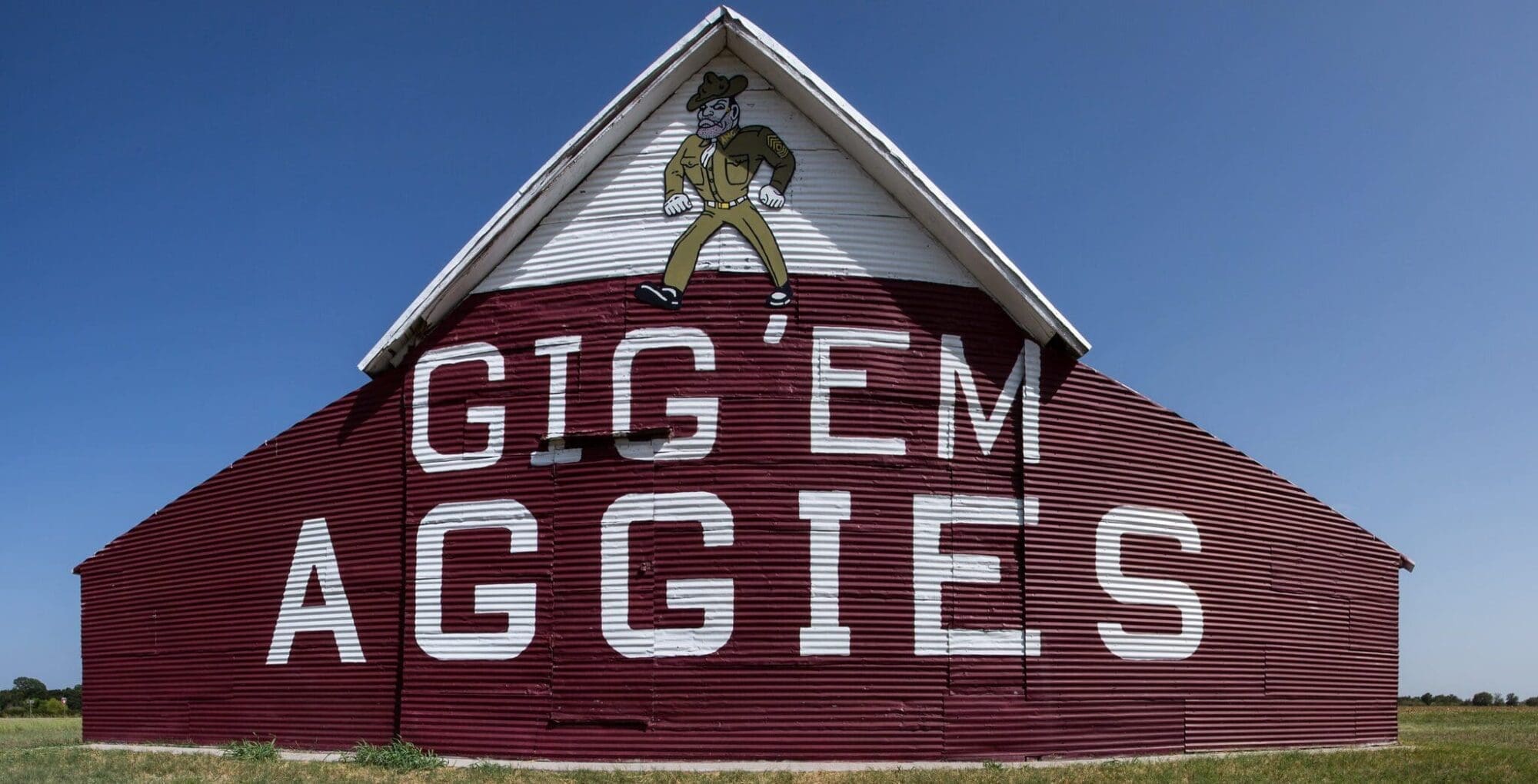While 80 people have died as a result of the power outages that left millions to freeze in single-digit temperatures, some say the number may actually be much higher.
Determining that number, however, is a difficult task.
However, it is unlikely the full death toll will be revealed until much later. Chris Van Deusen, a Texas Department of Health Services spokesman, said that counting the deaths will be a “a slow process. We may have preliminary information in weeks, not days.”
While a statewide survey is ongoing, the full death toll will not be known until all related death certificates are filed.
TDSH was not alone in its lack of knowledge regarding the number of deaths. The Harris County Institute of Forensic Sciences, which is responsible for autopsies, has no estimate for storm-related deaths, although they later confirmed that at least 15 people died from hypothermia, and one died from falling on the ice. A Travis County spokesperson also said they did not yet have numbers, but claimed they would be available within 30 to 90 days. They are currently processing 80 cases from last week to determine the cause of death.
Regarding categorization, it will not be left to medical examiners to decide whether a death was storm related. According to Van Deusen, county officials throughout Texas—particularly constables and justices of the peace—will investigate deaths in their area and make the determination. Cases that local registrars believe are storm-induced will be sent to state epidemiologists to evaluate.
According to some experts, the reliability of the new numbers may be questionable. Robert Jensen, chairman of Kenyon International Emergency Services, a firm with a history of helping count deaths in major disasters, claims that totals from these sorts of catastrophes can often be unreliable.
“Mass fatalities often scare people, and they’re very political. I don’t think it’s intentionally misleading, it’s just a very screwed up process,” Jensen told The Wall Street Journal. He also demonstrated that since each county has its own procedures, one county might consider one cause of death—such as carbon monoxide poisoning or a crash on ice—to be storm-related while another may not, and there is little will I among state officials to standardize criteria for storm-related deaths.
The Texas Legislature is scheduled to begin hearings tomorrow to investigate the causes of last week’s outages.





